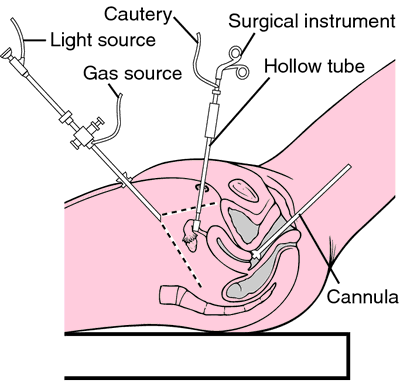 Andy Dean Photography/PhotoSpin
Andy Dean Photography/PhotoSpin
I saw a patient recently who is in her early 60s, in great shape, and happily married to an attractive and generally healthy man also in his 60s. Both retired from executive positions, they have been traveling to exotic—and romantic!—locales, enjoying fine cuisine and luxury accommodations.
They haven’t had sex in two years.
My patient told me that her husband had started having problems maintaining an erection since beginning medication for hypertension. After a series of failed attempts at their usual way of making love, they had given up trying to have intercourse. When I asked her if they pleasured each other sexually in other ways, using oral or manual stimulation for example, she simply shook her head.
This female response to male erectile dysfunction—not an unusual one by any means—intrigues me.
When the female half of an otherwise healthy, happy, heterosexual couple experiences a condition that prohibits penetration, she is typically eager to explore other options for sexual intimacy. But it doesn’t seem to work the other way. It’s like if he’s not going to get the ultimate end result—orgasm—then neither of them is.
I suspect what happens is that when men have difficulty performing, they start initiating sex less often. So once a week becomes once a month, and then there’s a problem and three months go by and it doesn’t work that time either, and—then it’s done!
What’s up with that, girls? Do partners with erectile dysfunction really lose all interest in any type of sexual intimacy? Or is it just hard—for both of you—to change the game plan, the way sex happens, the way it starts, the way the “end result” is achieved or defined?
My guess is that many of these men would welcome their partners’ attempts to change things up, to experiment with new techniques and sensual aids that can enhance pleasure on both sides.
I hope you’re willing to share your experience, what you’ve tried, what’s worked—or not. This is part of the conversation I hope we’ll have—with our friends, our partners, and our physicians—about how we maintain our sexuality just as long as we choose.




Add a Comment1 Comments
When this happens in your life, it's difficult because you feel alone. This is a work in progress in my relationship. The first step is the hard step, being willing to talk about and think about other options. Once you do this, accepting a change needs to be made in your normal way of sexual intimacy, then you can start finding ways which will work well for both of you.
The hard part is getting the conversation going with your man....it's hard for him and embarrassing. Patience and understanding is what works best for me.
Because the drugs work, yet are extremely expensive and have some not so fun side effects, we only use them once a month.
August 22, 2013 - 12:20pmThis Comment